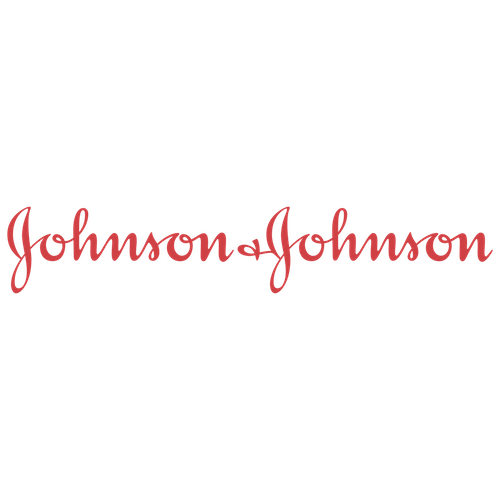$JNJ $ITCI $ABBV
#JohnsonAndJohnson #PharmaNews #NeuropsychiatricResearch #BiotechInvesting #HealthcareMergers #StockMarket #MentalHealthInnovation #CNSPortfolio #Caplyta #BristolMyers #AbbVie #MarketAnalysis
Johnson & Johnson’s planned $14.6 billion acquisition of Intra-Cellular Therapies marks a strategic move to strengthen its presence in the lucrative and fast-growing neuropsychiatric treatment market. The deal underscores a trend among pharmaceutical giants like Bristol-Myers Squibb and AbbVie to expand their central nervous system (CNS) portfolios to capture growth in mental health therapeutics. At the core of this acquisition is Caplyta, Intra-Cellular Therapies’ flagship drug for schizophrenia and bipolar depression, which has gained traction due to its efficacy and fewer side effects compared to competitors. This deal also grants Johnson & Johnson access to Intra-Cellular’s clinical-stage pipeline, which is rich in next-generation psychopharmacological therapies targeting CNS disorders, offering long-term revenue potential.
For Johnson & Johnson ($JNJ), the acquisition aligns with its broader strategy to diversify revenue streams amid increasing competition and price pressures in its core therapeutics and medical devices segments. As global awareness and destigmatization of mental health issues drive market demand, the estimated $20 billion CNS therapeutics market is poised for robust growth in the coming years. Caplyta alone is projected to generate over $2 billion in annual revenue by 2030, according to industry analysts. Additionally, the move closes the gap between Johnson & Johnson and competitors like AbbVie ($ABBV), which recently bolstered its own psychiatry pipeline with novel partnerships, cementing an industry-wide pivot to address rising mental health challenges.
Intra-Cellular Therapies ($ITCI) has been a standout performer in the biotech sector, with its innovative approaches to CNS drug discovery. The anticipated deal is expected to propel the company’s shareholders into a profitable exit, while Johnson & Johnson gains a foothold in a rapidly expanding segment. Observers in the healthcare sector note that the valuation of $14.6 billion represents a near 20% premium over Intra-Cellular’s recent market capitalization, reflecting optimism about the robust future potential of the latter’s portfolio. However, the integration process will pose challenges, particularly as J&J navigates regulatory reviews and ensures it extracts maximum synergies from the acquisition.
The market impact of this announcement was significant. Shares of Intra-Cellular Therapies soared in pre-market trading, reflecting shareholder confidence in the premium buyout offer. Conversely, Johnson & Johnson’s stock remained relatively flat as investors digested the cost of the deal against its potential long-term rewards. Given J&J’s strong cash flows and track record in managing high-value acquisitions effectively, institutional investors appear optimistic that this transaction will enhance its competitive positioning in the CNS market. The acquisition also serves as a signal to the broader biotech sector: mental health innovation continues to attract significant investment, and firms with strong CNS pipelines could emerge as prime acquisition targets in the years ahead.











Comments are closed.